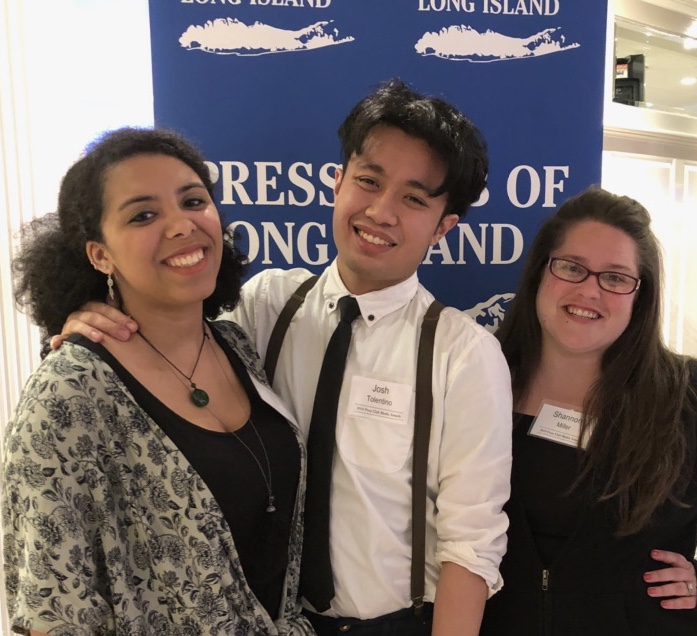Dr. Eva Feindler, Ph.D., former director of the doctoral psychology program at LIU Post, recently returned from an inspiring 10-day trip to Tanzania with a delegation from the American Psychology Association’s Office of International Affairs. They were invited to come to this east African nation last month to gain insights into the country’s current applications of psychology and lay the groundwork for developing long-lasting professional connections with new colleagues in the years ahead.
“In Tanzania, there are some 42 million people but only a handful of psychologists,” explained Dr. Feindler. She returned home thinking about how LIU might link up with universities in Tanzania to grow their psychology programs. “There’s a growing awareness that it is an issue.”
They met with government leaders and faculty at several universities in Tanzania and Zanzibar, an island-state off the mainland. They also visited clinics, health service agencies and orphanages, and participated in a range of social and cultural activities.
Dr. Feindler said she went to Tanzania both as a veteran member of the APA, a prestigious 126-year-old organization with a membership of more than 200,000 psychologists, and as a representative of LIU.
“My hope is that we’ll create some collaborative projects,” she said, adding that perhaps LIU could sponsor some Tanzanian students to study psychology over here. “What we ultimately want to do is establish something that has long-standing impact, such as creating programs so that they can train their own folks.”
Admittedly, she’s still in the early stages of what she’s calling the “Tanzania Project.”
“I would love to make it inter-disciplinary, too,” she said, adding that she could foresee opportunities for students and faculty in our social work and education departments to become further engaged.
This trip marked the first time that the APA has brought a group to Tanzania.
“The moment in the country is right, it seems,” said Dr. Amanda Clinton, ME.d., Ph.D., the senior director of APA’s Office of International Affairs, who led the delegation. “We were asked to come because our presence in some ways would be seen as recognition of the importance of mental health service, psychology training in particular. At this moment, the country has taken really strong steps to develop training and regulatory processes but they’re eager to learn from others so they can do it well the first time.”



